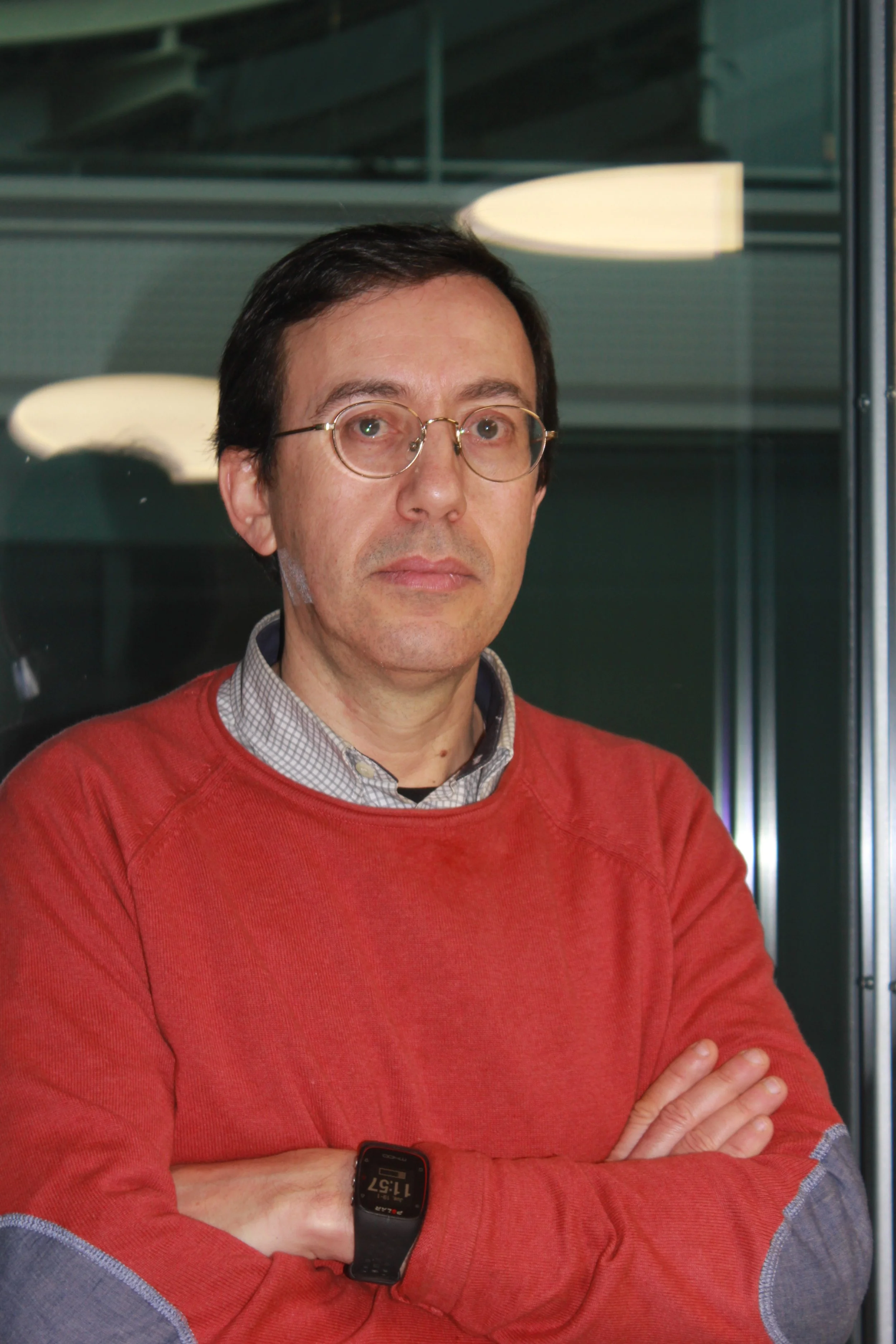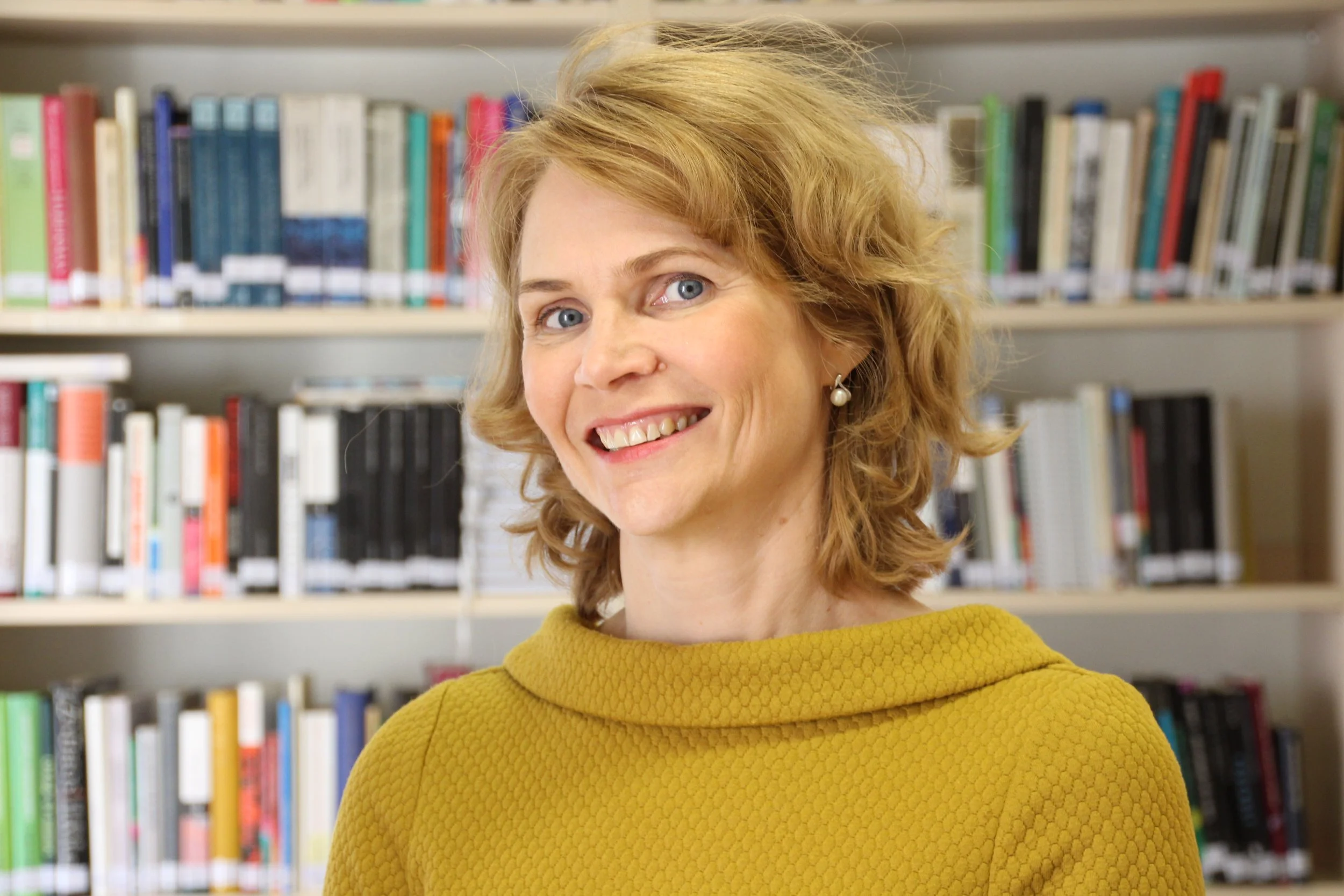Project Partners
University of Lille (France)
The University of Lille (ULille) is a multidisciplinary institution of higher education at the heart of north-western Europe, known for a long tradition of philological studies. ULille boasts an exceptional cultural and scientific heritage that is an integral part of the history of the Hauts-de-France region. In 2023, as part of its strategic goal to establish a strong and creative European blueprint, ULille has joined NeurotechEU, the European university of Brain and Technology, in part taking advantage of Lille’s proximity to Brussels and European institutions. But first and foremost, developing a strong European profile implies a coherent European vision that infuses the mission and all activities of the institution, to serve as a catalyst for closer cooperation with like-minded partner institutions all over Europe. ULille has maintained close and intensive Erasmus agreements for over twenty years with hundreds of partner universities.
At the institutional level, the University of Lille is strongly committed to open education and has recognised expertise in this field. Its involvement concerns the use of digital tools for recognising learning outcomes, including open badges and blockchain technologies in education. ULille staff members chair the French ministry's national working group, Blockchain Education France, and represent France on the European Blockchain Partnership.
A cultural scientist and historian of German contemporary history, specialising in the comparative analysis of contemporary European memory cultures, Prof. Thomas Serrier, a professor at the Faculty of Languages, Cultures and Societies at Université de Lille, and a researcher at the Institut de recherches historiques du Septentrion, constantly feels the need to place his work at a broader European level and within a scientific network that goes beyond national borders and the academic world. He has been the principal editor (together with Etienne François) of the 3-volume work The European Way since Homer. History, Memory, Identity (London, Bloomsbury, 2021, French original version: Europa. Notre histoire, Les Arènes, 2017, coedited by Pierre Monnet, Olaf Rader, Akiyoshi Nishiyama, Valérie Rosoux and Jakob Vogel, 1392p, 109 international contributors, 151 essays). Prof. Serrier has taken the initiative on several projects, including a small project called "Les mots de l'Europe" (ISITE-IRHiS-ULille, 2020), a residential study "European Concepts Online" at the Fondation Les Treilles (2023), and the current ʟᴇxɪ.ᴇᴄᴏ project, which aligns with his work on comparative memory cultures.
His impulse is to find new ways of confronting the classic challenge of cultural misunderstandings based on language differences, the need for a better understanding of 'conceptual nomadism', but also the worrying sense that words are changing meaning rapidly at the moment everywhere, and that working towards shared memories (Luisa Passerini) means rethinking the concepts that define social and political discourse in Europe today.
Prof. Thomas Serrier
Head of Project
Sarah Durieux
Project Coordinator
University of Bielefeld (Germany)
Bielefeld University is a perfect partner for the ʟᴇxɪ.ᴇᴄᴏ project thanks to its pioneering role in developing Begriffsgeschichte (conceptual history), a methodological approach that traces the evolution of political and social concepts across time and space. Grounded in the work of Reinhart Koselleck, this intellectual tradition has had a lasting impact on the study of historical semantics and the dynamics of language in shaping social realities. With its strong commitment to interdisciplinary research, international exchange, and critical engagement with the past, Bielefeld University offers an exceptionally rich academic setting for a project that seeks to illuminate the transnational trajectories of key concepts and promote intercultural understanding.
As an academic teacher and (public) historian, Prof. Dr. Kornelia Kończal is deeply committed to fostering critical engagement with the past across linguistic and national boundaries. The ʟᴇxɪ.ᴇᴄᴏ project provides a unique opportunity to examine how key concepts, such as nationalism, genocide, or memory, are shaped by historical experiences and cultural contexts, and how they continue to influence political and public discourse today. Dr. Kończal regards this project as a powerful tool for promoting historical literacy both in educational settings and in wider cultural contexts.
The Bielefeld team of ʟᴇxɪ.ᴇᴄᴏ has the privilege of coordinating a project rooted in the university’s tradition of conceptual history and interdisciplinary thinking. With its legacy of critical scholarship, Bielefeld is uniquely positioned to lead this effort. We aim to combine academic rigour with public relevance.
Prof. Dr. Kornelia Kończal
Project Coordinator
Dr. Alexandra Kolesnik
Content Coordinator
University of Santiago de Compostela (Spain)
The University of Santiago de Compostela (Universidade de Santiago de Commpostela) is the most important university in Galicia and the Iberian NW. It has been founded at the end of the 15th century, and has some 25,000 students. The History department of the USC entails several sections, among them the Modern and Contemporary History section.
USC team members Prof. Dr. Miguel Cabo-Villaverde and Prof. Dr. Xosé M. Núñez-Seixas will focus on nationalism, self-determination, fascism, and war. Joining the Lexi.eco project has been a decision consistent with the main research fields of our section (war studies, nationalism studies, agrarian history).
Prof. Dr. Xosé M. Núñez-Seixas
Project Coordinator
Prof. Dr. Miguel Cabo-Villaverde
Johannes Gutenberg University Mainz (Germany)
The Department of Translation, Linguistics, and Cultural Studies of Johannes Gutenberg University Mainz is located at the Germersheim campus near the German-French border. It is the largest translation and interpreting school in the German-speaking world, offering full study programmes in twelve languages and additional instruction in many more. Beyond translation, our department offers a degree in Languages, Cultures and Communication that turns students into professional polyglots with a broad interdisciplinary background, including a strong historical component. All of the research projects pursued at the department have a multilingual aspect, ranging across disciplines and subjects such as history, sociology, education, culture, language and literature. Scholars working at the department also have profound expertise in cutting-edge tools in the fields of computer-assisted translation, machine learning and digital humanities.
Prof. Dr. Mischa Gabowitsch is a historian, sociologist and memory scholar, as well as a polyglot with a transnational biography who has spent time in every single European country. Much of his research has focused on conceptual differences, borrowings, adaptations and misunderstandings across national borders—in fields ranging from sophisticated intellectual debates to school history textbooks. Dr. Gabowitsch has also been confronted with practical problems regarding the cross-cultural translation of concepts in his roles as translator and interpreter between multiple languages and as editor of journals that routinely publish translated texts. Dr. Gabowitsch is delighted by the opportunity to help build a platform that will facilitate this kind of communication across national historical traditions and increase awareness of their diversity.
In addition to contributing to multiple entries across languages, the JGU team of ʟᴇxɪ.ᴇᴄᴏ is in charge of conceiving the project’s translation strategy and adapting it to multiple audiences across national and linguistic boundaries.
Prof. Dr. Mischa Gabowitsch
Project Coordinator
University of Tartu (Estonia)
The Johan Skytte Institute of Political Studies at the University of Tartu is a dynamic and rapidly growing centre for political science research and education, with 92 staff and over 400 students. It offers BA, MA, and PhD programmes, with all graduate-level courses taught in English. Research covers core areas of political science, regional studies (Baltic, Russian, EU), digital governance, political theory, history of political thought, and conceptual history. A member of the ECPR, the institute is active in both academic and applied research.
Prof. Dr Eva Piirimäe’s work aligns closely with the project’s focus on conceptual history and political theory. Dr. Piirimäe values the opportunity to collaborate internationally, support junior researchers, disseminate the team's previous research, as well as incorporate project findings into her teaching, which already addresses semantic and conceptual diversity across languages in multicultural classrooms. Building on our previous research, we focus on the following concepts: self-determination, sovereignty, patriotism, federalism, and Europe.
Prof. Dr. Eva Piirimäe
Project Coordinator
Lviv Center for Urban History (Ukraine)
The Center for Urban History is an independent research institution working across several areas: urban history research, digital humanities and archiving, education, and public history. The Center's team is interdisciplinary, bringing together researchers with backgrounds in history, art history, architectural history, sociology, media studies, cultural studies, and digital history, as well as administrative managers, archivists, and coordinators. The city of Lviv — known as Lwów/לעמבערג/Львів/Lemberg — is more than a location, it offers a story of cultural diversity and multilingualism as well as their demise and destruction. Engaging openly with such a history is a possibility for critical examination of historical experiences and intellectual legacies. One of the main aims for the Center remains developing an infrastructure that would support innovative research endeavours along with public outreach; to enhance international cooperation in research, to explore the possibilities of digital technologies in the humanities, and to rethink the roles of history in modern societies. In our mission, activities, and approaches, we want to create a considerate and stimulating space to raise globally relevant and locally embedded questions and seek possible answers.
Within this project, we expect to develop a better grasp of concepts and issues which are crucial if we want to comprehend the present and imagine, even if tentatively, our future. Furthermore, we want to explore how the present challenges, as well as historical legacies that shape society in Ukraine, especially in the context of war, can resonate with those experienced by other countries, societies, and communities across Europe and more broadly the world. To this end, it is important to analyse the concepts and words which are used (even overused), to see how they reverberate in different contexts; how they shape the ongoing experiences and frame the future possibilities. Institutionally, we also expect to contribute to the project with our previous experience and strengthen our programs through international cooperation enabled by this project.
The main focus will be on working on selected concepts. Another direction will be public outreach. Here, we think particularly about cooperation with re/visions, a monthly journal of ideas and culture that emerged in parallel with the ʟᴇxɪ.ᴇᴄᴏ. The journal engages with the concepts that seem familiar, but need a deeper exploration and reflection in our turbulent times. Thus, we hope to have a fruitful cooperation here. Finally, we would explore the possibilities of presenting some of the results of the project for educational purposes at the Center’s online platform REESOURCES. Rethinking Eastern Europe.
Dr. Sofia Dyak
Project Coordinator
Dr. Iryna Klymenko
Dr. Bohdan Shumylovych
Yaryna Paniv
Viktoria Panas
Dr. Ivanna Cherchovych
EuroClio - European Association of History Educators (the Netherlands)
EuroClio – the European Association of History Educators is a non-profit organisation that supports the development of responsible and innovative history, heritage, and citizenship education by promoting critical thinking, multi-perspectivity, and intercultural dialogue. With over three decades of experience fostering international collaboration among educators, EuroClio brings together a broad network of professionals committed to helping learners make sense of the past in ways that are meaningful for the present. Within the ʟᴇxɪ.ᴇᴄᴏ project, EuroClio plays a key role in project management, communication, and outreach, with Steven Stegers and Lauriane Borsaline Rotté ensuring smooth coordination and effective dissemination of the project’s results to relevant stakeholders in the educational and cultural sectors.
EuroClio joined the ʟᴇxɪ.ᴇᴄᴏ initiative out of a shared belief in the power of language and historical consciousness to foster mutual understanding across borders. The project’s mission to unpack the layered meanings of pivotal concepts like heritage or borders across time, space, and language aligns with EuroClio’s longstanding focus on helping educators and learners navigate complexity and diversity in history. Through its involvement, EuroClio contributes expertise in educational strategy, network mobilisation, and cross-cultural communication, helping ensure that the lexicon not only reaches wide and diverse audiences but also resonates with the needs of history and citizenship educators across Europe and beyond.
Steven Stegers
Project Coordinator
Lauriane Borsaline Rotté






















